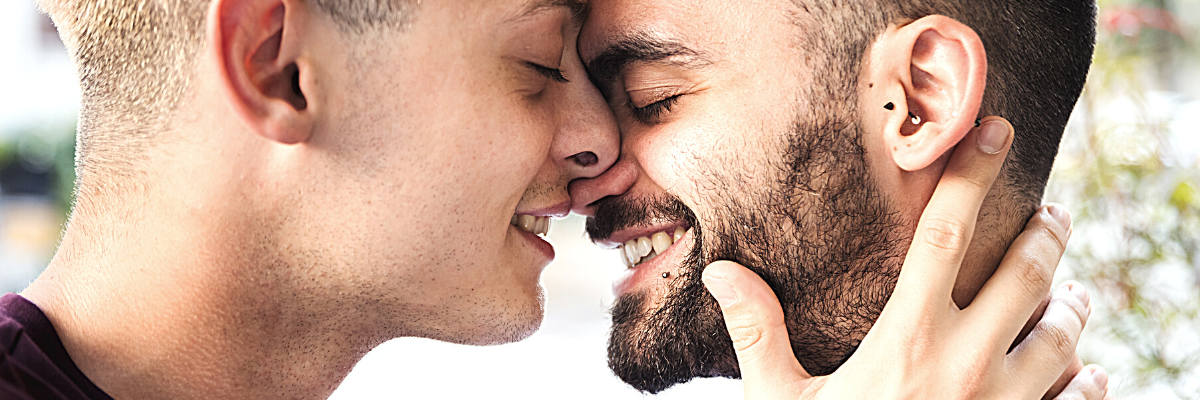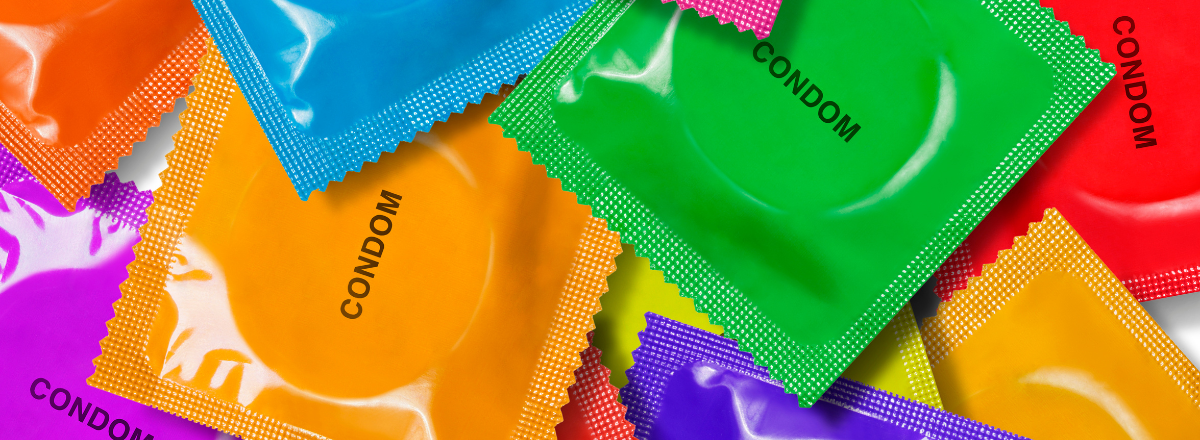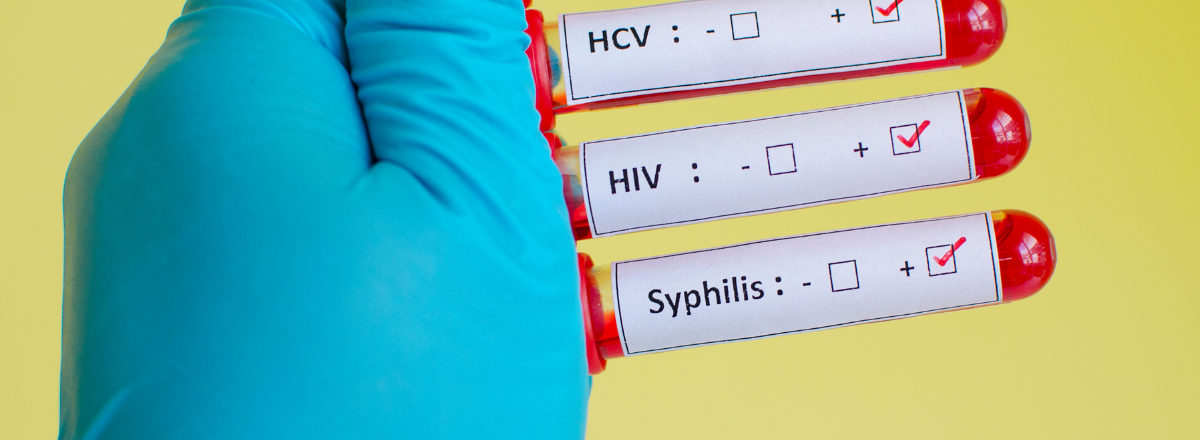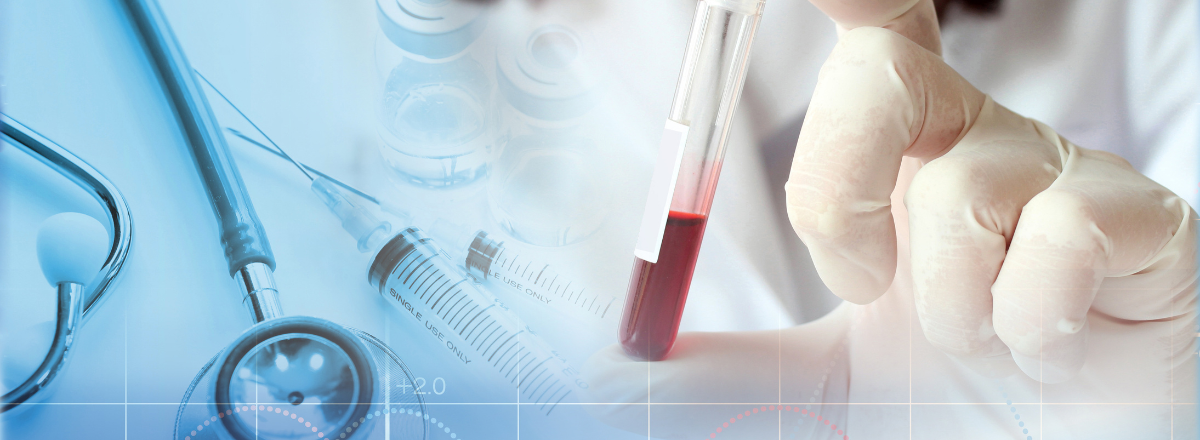Love is in the air this week and after a cold and gloomy January, who isn’t in the mood for romance right now?
Just make sure you’re armed and ready with the right protection so you don’t end up with a sexually-transmitted infection, or even an unplanned pregnancy.
Sales of condoms may go up at this time of year, according to research by Durex (who else?), but so too do pregnancy tests – with 14th February only behind Christmas Day for the most popular dates to conceive.
‘Sexually transmitted infections (STIs) are easily spread but not always easily treated. They can be pretty unpleasant, too – but luckily, they’re easy to avoid with the right contraception’, says ZoomDoc GP, Dr Ellenbogen.
So ahead of Valentine’s Day make sure you take control, get protected and are aware of the risks STIs pose to your health.
Stay safe
The best way to prevent pregnancy is by using contraception. There are plenty to choose from, including:
- The contraceptive pill
- IUD (coil)
- Diaphragm
‘But the only form of contraception that will protect against both pregnancy and STIs are condoms,’ says Dr Ellenbogen. ‘They’re the only reliable barrier method that will protect both partners from infections, such as chlamydia, gonorrhoea and HIV.’
Make sure you’ve stocked up and don’t rely on your partner to have some. Female and male condoms are available, too.
The NHS reminds anyone using condoms to make sure you:
- use a new one each time you have sex.
- don’t use out-of-date condoms (check the date on them before using)
- always use condoms that have the European CE mark or the UKCA mark on the packet. This means they’ve been tested to high safety standards.
Get help before or after sex
You can always talk to your GP about contraception choices as well as sexual health charities, such as Sexwise.
And don’t forget, sexual health clinics provide free condoms and emergency contraception, which can be taken up to three days after unprotected sex.
The emergency ‘morning after’ pill is also available from pharmacies, walk-in clinics and some GP practices.
You can find your nearest sexual health information and support services here.
STIs on the rise
In 2021, UK statistics show that there were 311,604 diagnoses of new STIs in England, a similar number compared to 2020 (0.5% increase from 309,921). There were 51,074 diagnoses of gonorrhoea reported in 2021, a 1.7% increase compared to 2020.
Other common STIs include:
- chlamydia
- syphilis
- genital warts
- genital herpes
‘And don’t assume all STIs have symptoms,’ warns Dr Ellenbogen.
‘It is estimated that around 50% of women and 10% of men with gonorrhoea don’t experience any symptoms. So, if you’ve had unprotected sex it’s definitely worth getting checked out, even if you feel fine.’
If symptoms do occur they may include:
- unusual discharge, pain or burning when peeing
- rashes, itches, lumps or growths around the genitals or anus
- pain or bleeding during sex
If you experience any of these symptoms you should seek advice from your local sexual health clinic or a GP. Most STIs will clear up with treatment but you need to start it as soon as possible.
‘If you do nothing about your STI, it can not only become very painful and uncomfortable, it could even lead to permanent damage to your health and fertility. And of course, left untreated, STIs can be passed on to others,’ says Dr Ellenbogen.
Get tested
If you think you might be at risk of an STI or have had unprotected sex, visit your local sexual health clinic to get tested.
Alternatively, ZoomDoc offers a range of sexual health tests you can do in the privacy of your own home.
Tests available include:
- Chlamydia and gonorrhoea test – £35 – Involves a simple urine test to check for two of the most common sexually transmitted infections.
- Complete STD test – £195 – A discreet and confidential complete sexual health test that involves a small finger prick blood test and urine test and can check for 11 common sexually transmitted infections, including herpes.
- HIV test – £33 – Involves a simple finger prick blood test that can be done in the privacy of your own home. You can test for HIV at any point from 4 weeks post exposure.
Routine STD test – £135 – This sexual health test involves a small finger prick blood test and a simple urine test to assess for seven common sexually transmitted infections such as HIV, gonorrhoea and syphilis.





